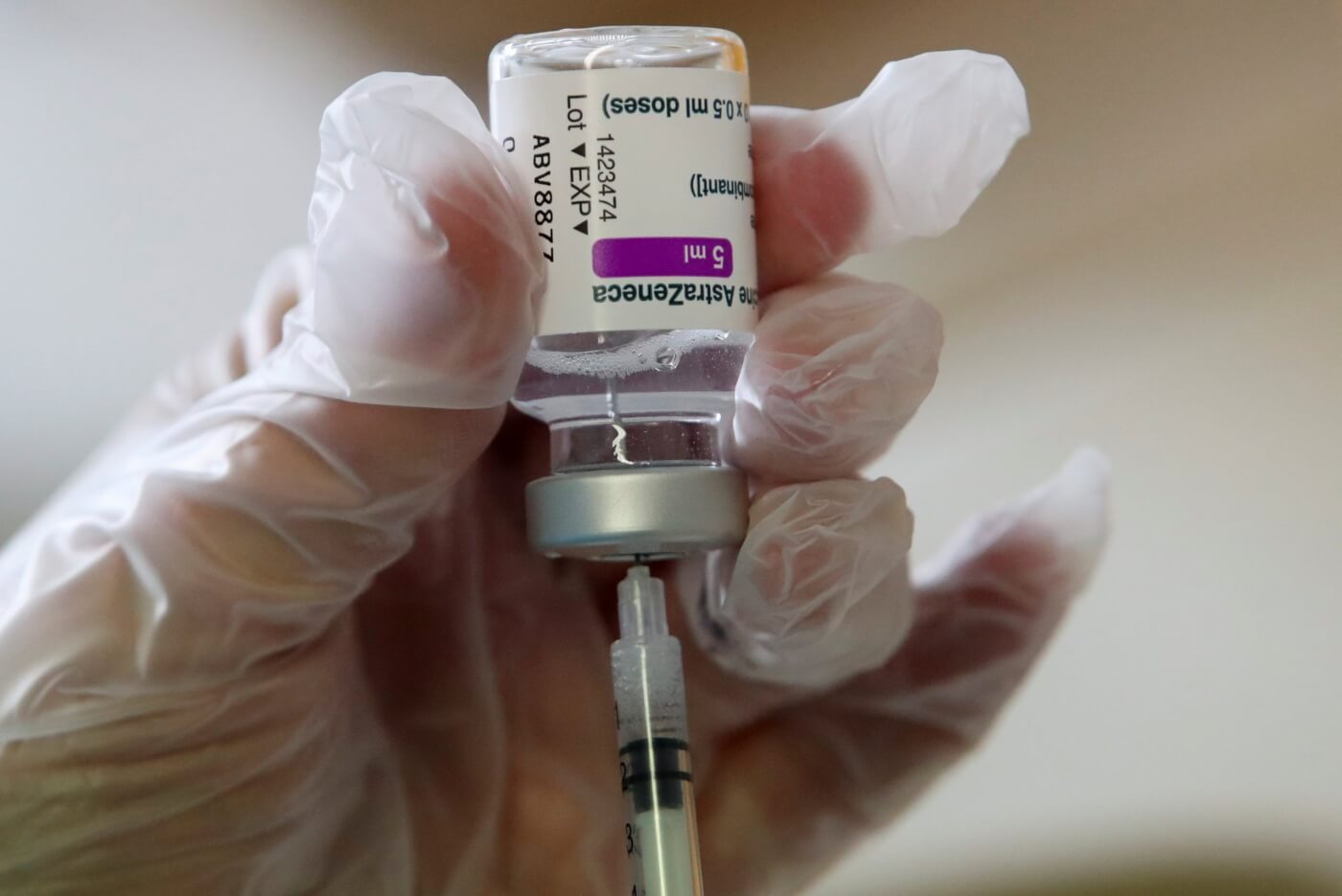Research from the World Health Organisation (WHO) and a message from UN Secretary-General António Guterres, have demonstrated the impacts of social inequality during the current Covid-19 pandemic.
Both the WHO and the UN have called for a more coordinated approach to delivering vaccines, that does not simply favour people living in wealthy countries.
Since the development of Covid-19 vaccines, it has been “a few wealthy countries”, or those producing the shots cleared for distribution that have been able to vaccinate their inhabitants.
The WHO has reported that, as of 5 April 2021, there have been 131,021,000 confirmed cases of COVID-19, including more than 2,850,520 deaths. As of March 31st 547,727,346 vaccine doses have been administered, mainly to countries with higher incomes. Mr. Guterres commented that,
“Within countries, illness and death from COVID-19 has been higher among people and communities that contend with poverty, unfavourable living and working conditions, discrimination and social exclusion”.
For vaccines to be accessed by some of the most vulnerable groups, individual countries must ensure that they do not focus just on their own inhabitants, but also on those in need in their surrounding area.
Vaccine access worldwide
China has provided a total of one million vaccine doses to Cambodia, Pakistan, and the Philippines and its donations have been extended to Eastern Europe, South America, and the Middle East. Furthermore, China has announced that it will be donating 300,000 doses to United Nations peacekeepers.
India has been donating doses to its neighbouring countries, providing Afghanistan and Sri Lanka with 500,000 doses, and Nepal, Myanmar, and Bangladesh, with over a million doses each. 130,000 doses have been provided to Guyana and Suriname, and there is an increased focus on Africa with Botswana, Ghana, and the Democratic Republic of the Congo being granted vaccine supplies by India.
In September 2020, the UK announced at the United Nations General Assembly, that it would match every $4 pledged to the COVAX Advance Market Commitment (AMC) by other donors with £1 in UK funding, up to £250 million. Since then, other countries including Canada, Japan and Germany have committed funding to the scheme, reaching the landmark target. In total the UK has now contributed £548 million to the AMC.
To target social inequality in relation to vaccines, the UN-backed Global COVAX Facility was set up with the aim to deliver two billion vaccine doses to around a quarter of the population of poorer countries by the end of 2021. While, so far, COVAX has managed to ship over 36 million vaccine doses to 86 countries, there are also logistical issues which complicate the delivery of vaccines.
So far, several countries have placed export controls on vaccines, which can lead to pushing up the prices of vaccines and therefore extending the pandemic. The WHO has also warned against “vaccine nationalism”, suggesting that it encourages hoarding and therefore the prolonging of human and economic suffering. Diane Abad-Vergara, COVAX communications lead for the agency commented:
“Expanding production globally would make poor countries less dependent on donations from rich ones”.
Some poorer countries have struggled with dividing up the vaccine doses and distributing them to towns and villages due to a lack of resources. This has the effect that, in many poorer countries, the doses are being distributed in large urban centres only, which are not accessible to smaller communities. Furthermore, there is the issue of funding. COVAX requires a minimum of $3.2 billion in 2021 alone, to continue providing vaccines to its 190 members. In addition, UNICEF estimated that another $2 billion is needed to provide essentials such as fridges, health worker training, and fuel for delivery trucks.
There is also the issue of vaccine hesitancy. Despite the overwhelmingly positive evidence on the vaccine results, there is still the problem of misinformation being spread causing people to refuse vaccination. To target this misinformation, the UN launched its Verified campaign in May, which provides trusted and accurate information surrounding the pandemic.

